Concern Rises Over The Future Of Diversity In TV & Film As Multiple Black Women Exit Hollywood Leadership Positions
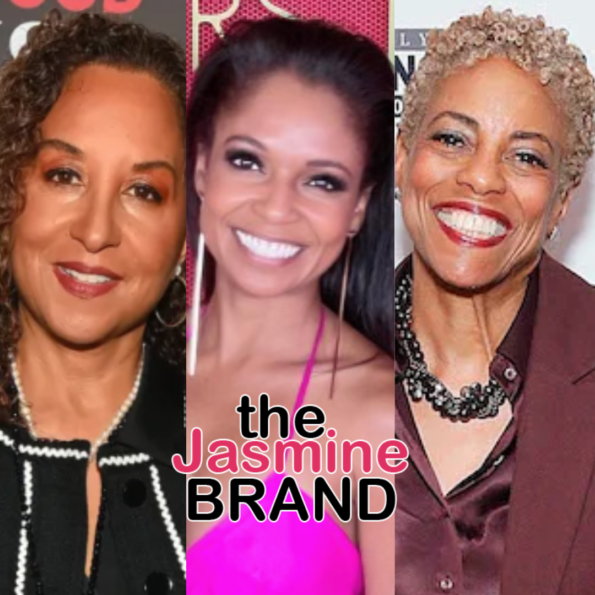
Karen Horne, Jeanell English, Vern? Myers
Concern Rises Over The Future Of Diversity In TV & Film As Multiple Black Women Exit Hollywood Leadership Positions
Several women of color in prominent leadership roles in Hollywood have parted ways with major production companies, and people are starting to worry.
Following the Supreme Court’s recent decision not to support affirmative action in college admissions, professionals in the TV and film industry are beginning to wonder if the ruling will affect the future of media as well.
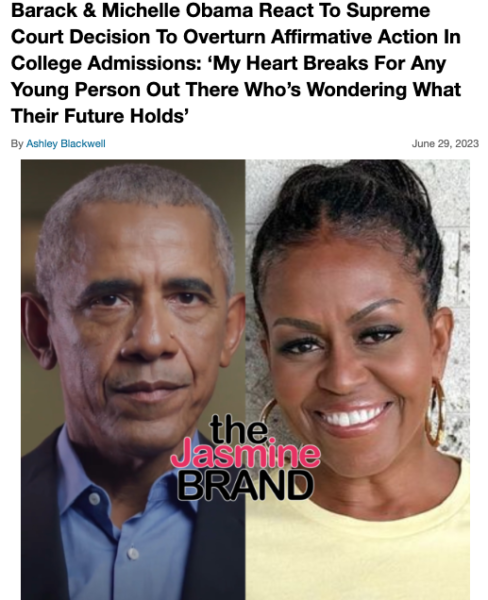
According to a recent investigation into the matter, six notable female BIPOC (black, indigenous people of color) executives have either walked away or have been fired from their positions over the last month. The number might seem insignificant at first, but when you consider the fact that women of color reportedly make up only 5% of C-Suite level executives, in a pool of 12 million employees (not only Hollywood), the number becomes a bit more alarming. There are so few, in fact, that it’s extremely concerning when an event such as this happens in the entertainment industry.
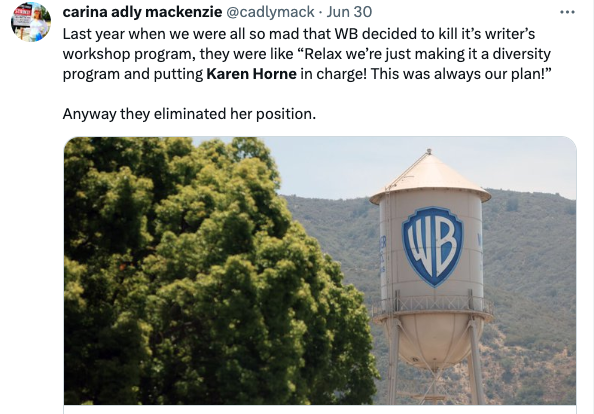
Reportedly, the now former executives of these major production companies include; Karen Horne – leader of DEI (diversity, equity, inclusion) efforts at Warner Bros. Discovery, Terra Potts – VP of worldwide marketing at Warner Bros, Jeanell English – executive VP of impact and inclusion at the Academy of Motion Pictures Arts and Sciences, Vern Myers – the first head of inclusion at Netflix, LaTondra Newton – chief diversity officer and senior VP at Disney, and most recently, Joanna Abeyie – the BBC’s creative diversity director.
Additionally, the investigation notes that several more BIPOC executives are expected to join them in the coming weeks.
The reasoning behind the mass walkouts has reportedly been due to frustrations over a lack of resources and having to face “unnecessary” roadblocks. One industry reporter writes that sources have attributed the exits to:
“a mixture of frustrations over a lack of financial support and resources, unnecessary roadblocks that prevent these executives from having a meaningful impact and more importantly, an overwhelming cultural exhaustion that has plagued Black leaders.”
Adding:
“I view it as akin to the pendulum swing we experienced after the election of Barack Obama in 2008 led to the rise of Donald Trump in 2016. To be clear, there’s no evidence that these companies set out to oust their Black female executives. However, when corporations tighten their money belts, DEI initiatives are often first on the chopping block. That can’t be coincidental, right?”
In the wake of the departures, many are beginning to feel that companies who promised to put more effort into diversity and inclusion were all talk, simply to appease people at the time. If you recall, many conglomerates vowed to do more for underserved communities in the aftermath of George Floyd’s murder back in 2020, which ignited nationwide outrage. However, now that the entertainment industry is forced to re-examine its budgets due to inflation and a shrinking market, diversity efforts are often first to be cut.
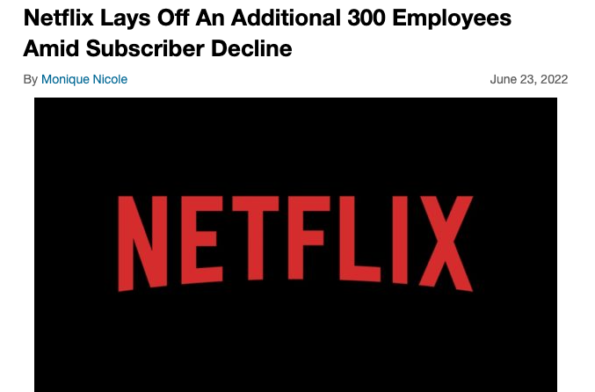
Netflix, for example, made quick work of their diversity efforts such as Con Todo (Latinx) and Strong Black Lead after suffering from a plummeting number in subscriptions. Reportedly, the streaming giant first significantly cut back staff and resources for these projects when it was time for their first round of layoffs. It’s also been questioned if these companies simply no longer feel inclined to support diversity efforts due to the recent decision in Washington.
In case you’re unfamiliar, the governing body ruled recently to no longer enforce colleges to implement affirmative action in the admission selections. For many years, the legal structure has helped BIPOC people gain access to better education opportunities that were not given to them during the period of racial segregation.
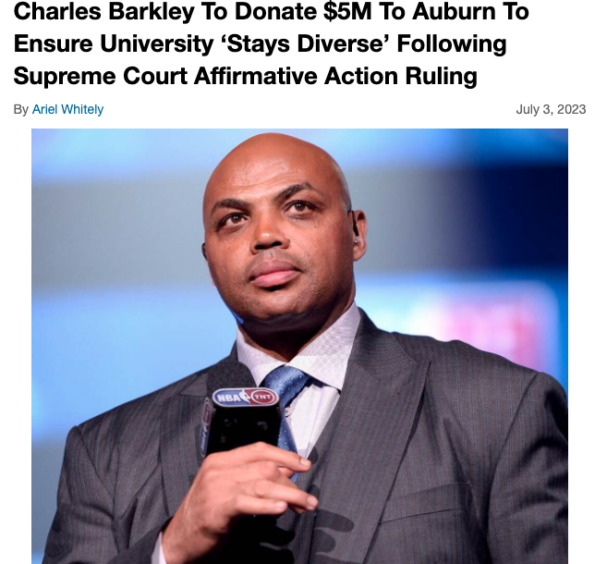
It’s unclear what the future of diversity in Hollywood is at this time, but it is surely a situation everyone should keep an eye on.
[VIA]
Do you think the affirmative action decision will affect many other industries? Give us your thoughts in the comments section below!


 Previous Article
Previous Article Next Article
Next Article Mike Epps Tells Security To Remove A Woman From His Comedy Show After She Yelled At Him From The Crowd: ‘You Not About To F*ck My Show Up’
Mike Epps Tells Security To Remove A Woman From His Comedy Show After She Yelled At Him From The Crowd: ‘You Not About To F*ck My Show Up’ 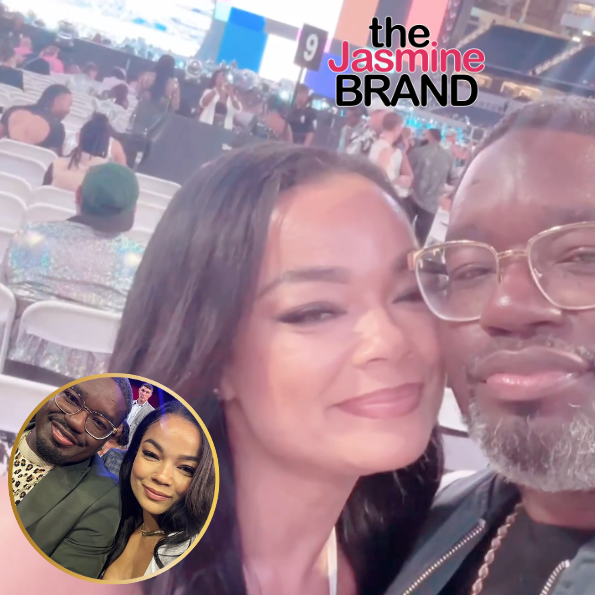 Comedian Lil Rel Proposes To Girlfriend At Beyoncé’s Los Angeles Show On Renaissance Tour, Reveals Tina Lawson & Jay-Z Helped Coordinate Proposal
Comedian Lil Rel Proposes To Girlfriend At Beyoncé’s Los Angeles Show On Renaissance Tour, Reveals Tina Lawson & Jay-Z Helped Coordinate Proposal 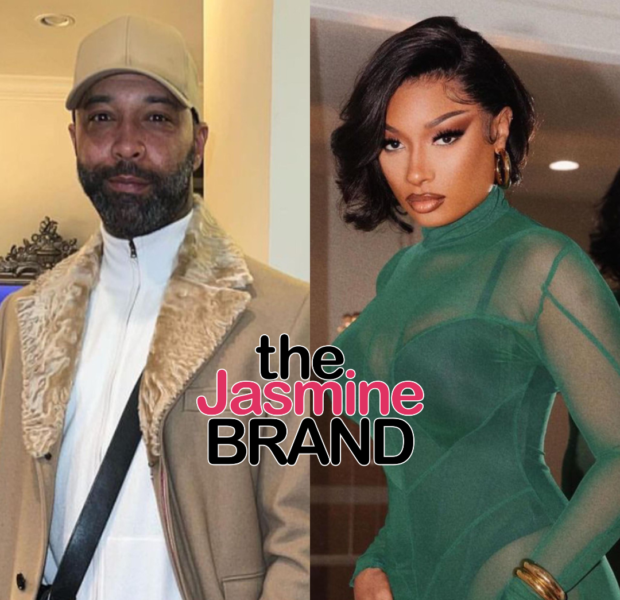 Joe Budden Shares Why He Doesn’t Like Megan Thee Stallion: I’ve Seen This Woman Do Horrible Things To Some Really Great People
Joe Budden Shares Why He Doesn’t Like Megan Thee Stallion: I’ve Seen This Woman Do Horrible Things To Some Really Great People 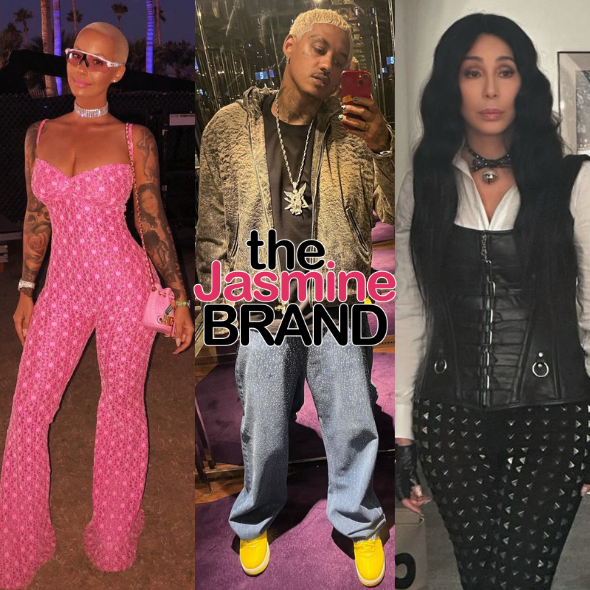 Amber Rose Is ‘Very Happy’ Her Ex-Boyfriend Alexander Edwards Is Dating Cher, Says The Relationship ‘Creates Stability’ For Their Son
Amber Rose Is ‘Very Happy’ Her Ex-Boyfriend Alexander Edwards Is Dating Cher, Says The Relationship ‘Creates Stability’ For Their Son  Joe Budden – Jazzma Kendrick Says She Was Not His Side Chick: “We are just friends!”
Joe Budden – Jazzma Kendrick Says She Was Not His Side Chick: “We are just friends!”  Bronny James & Shareef O’Neal Denied Entrance At Saweetie’s Birthday Party
Bronny James & Shareef O’Neal Denied Entrance At Saweetie’s Birthday Party ![Rickey Smiley’s Son Brandon Passes Away At 32 [Condolences]](https://thejasminebrand.com/wp-content/uploads/2023/01/JB-2-7-620x600.png) Rickey Smiley’s Son Brandon Passes Away At 32 [Condolences]
Rickey Smiley’s Son Brandon Passes Away At 32 [Condolences]  Lira Galore Defends Herself After Her History With Famous Men Resurface: Always Got My Own Money!
Lira Galore Defends Herself After Her History With Famous Men Resurface: Always Got My Own Money!